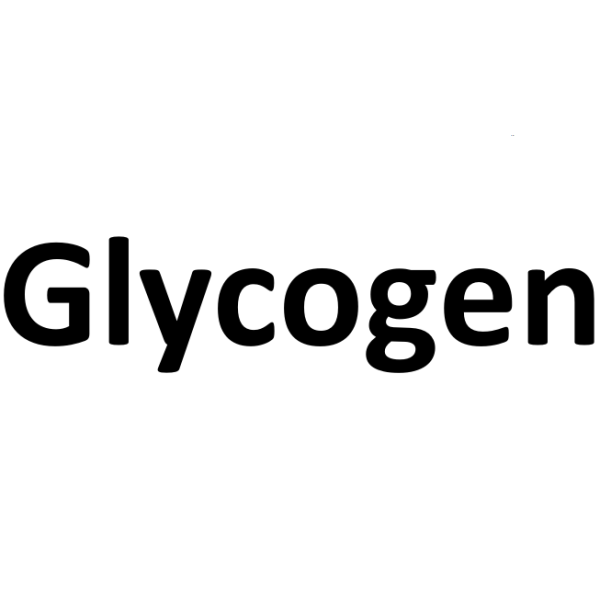Glycogen CAS 9005-79-2 Assay >90.0% (Total Sugars)
Shanghai Ruifu Chemical Co., Ltd. is the leading manufacturer of Glycogen (CAS: 9005-79-2) with high quality. Ruifu Chemical has 15 years experience in carbohydrate chemistry. Ruifu Chemical can provide worldwide delivery, competitive price, excellent service. Purchase Glycogen, Please contact: alvin@ruifuchem.com
| Chemical Name | Glycogen |
| CAS Number | 9005-79-2 |
| Molecular Formula | (C6H10O5)n |
| Molecular Weight | 666.58 |
| Melting Point | 270.0~280.0℃(dec.) |
| Density | 1.629 g/cm3 |
| Water Solubility | Soluble in Water |
| Storage Temp. | Cool & Dry Place (2~8℃) |
| COA & MSDS | Available |
| Origin of Product | Shanghai, China |
| Product Categories |
Carbohydrates Sugars |
| Brand | Ruifu Chemical |
| Items | Specifications | Results |
| Appearance | White to Off-White Crystalline Powder | Complies |
| Specific Rotation [α]20 | +175.0° ±10.0° (C=0.1, H2O) | +177.2° |
| Loss on Drying | <5.00% | 0.08% |
| Reducing Sugars | <1.00% | <1.00% |
| Assay / Analysis Method | >90.0% (Total Sugars) | 91.5% |
| Solubility in H2O | Colorless to Light Yellow Clear to Turbid, 40 mg/ml | Pass |
| Infrared Spectrum | Consistent with Structure | Complies |
| Conclusion | The product has been tested and complies with the given specifications | |
Package: Bottle, Aluminium foil bag, or according to customer's requirement.
Storage Condition: Keep the container tightly closed and store in a cool, dry (2~8℃), well-ventilated warehouse away from incompatible substances. Keep away from sunshine; avoid fire and heat sources; avoid moisture.
Shipping: Deliver to worldwide by air, by FedEx / DHL Express. Provide fast and reliable delivery.
How to Purchase? Please contact Dr. Alvin Huang: sales@ruifuchem.com or alvin@ruifuchem.com
15 Years Experience? We have more than 15 years of experience in the manufacture and export of a wide range of high quality pharmaceutical intermediates or fine chemicals.
Main Markets? Sell to domestic market, North America, Europe, India, Korea, Japanese, Australia, etc.
Advantages? Superior quality, affordable price, professional services and technical support, fast delivery.
Quality Assurance? Strict quality control system. Professional equipment for analysis include NMR, LC-MS, GC, HPLC, ICP-MS, UV, IR, OR, K.F, ROI, LOD, MP, Clarity, Solubility, Microbial limit test, etc.
Samples? Most products provide free samples for quality evaluation, shipping cost should be paid by customers.
Factory Audit? Factory audit welcome. Please make an appointment in advance.
MOQ? No MOQ. Small order is acceptable.
Delivery Time? If within stock, three days delivery guaranteed.
Transportation? By Express (FedEx, DHL), by Air, by Sea.
Documents? After sales service: COA, MOA, ROS, MSDS, etc. can be provided.
Custom Synthesis? Can provide custom synthesis services to best fit your research needs.
Payment Terms? Proforma invoice will be sent first after confirmation of order, enclosed our bank information. Payment by T/T (Telex Transfer), PayPal, Western Union, etc.
Risk Codes 36/37/38 - Irritating to eyes, respiratory system and skin.
Safety Description S24/25 - Avoid contact with skin and eyes.
S26 - In case of contact with eyes, rinse immediately with plenty of water and seek medical advice.
WGK Germany 3
RTECS MC2700000
FLUKA BRAND F CODES 3-10
TSCA Yes
HS Code 2940009090
Glycogen (CAS: 9005-79-2) is a polysaccharide and the principal storage form of glucose in animals, found primarily in the liver and muscle tissue. It provides glucose for the energy needs of the body during fasting periods and exercise. Glycogen is also important in scientific research, and its properties and applications have been studied extensively. In this paper, we will discuss the definition and background of glycogen, its physical and chemical properties, synthesis, characterization, analytical methods, biological properties, toxicity, safety in scientific experiments, and applications. We will also explore the current state of research, potential implications, limitations, and future directions.
Glycogen (CAS: 9005-79-2) is a highly branched polymer with a molecular weight of 10^6 to 10^8 Dalton. It is an amorphous, granular, water-soluble white powder with a sweet taste. The degree of branching varies depending on the tissue source. The liver glycogen has a higher degree of branching compared to muscle glycogen. The glycogen molecule exhibits optical isomerism, and most glycogens contain the D-glucose isomer.
Glycogen (CAS: 9005-79-2) is widely used in scientific research, primarily as a model system for studying the synthesis and degradation of carbohydrates. Glycogen is also used as a substrate for enzyme assays, as a stabilizer for proteins, and as a component of media for cell culture. Glycogen is also used as a reference standard for the determination of glycogen in tissues.
Research on Glycogen (CAS: 9005-79-2) has advanced our understanding of glucose metabolism and its role in various physiological processes, including energy homeostasis, exercise, and cellular signaling. Recent studies have also explored the potential of Glycogen as a drug delivery system, a biomaterial, and a therapeutic agent for metabolic disorders.
Glycogen (CAS: 9005-79-2) has potential implications in various fields of research and industry, including biotechnology, pharmaceuticals, food science, and materials science. Glycogen can be used as a source of energy in bioprocessing, as a modulator of cellular signaling in drug discovery, as a functional food ingredient, and as a biomaterial for tissue engineering.
One of the limitations of Glycogen (CAS: 9005-79-2) research is the lack of methods for determining the degree of branching and the composition of the glycogen molecule. Future research should focus on developing more precise methods for the characterization of Glycogen. Another area of research is using Glycogen as a drug delivery system for targeted drug delivery and for developing new therapies for metabolic disorders. Other future directions include the use of Glycogen in biomaterials for tissue engineering and regenerative medicine.
Glycogen (CAS: 9005-79-2) is a vital molecule involved in glucose metabolism and energy homeostasis in animals. It has several properties and applications that make it a valuable model system in scientific research. Future research should focus on developing new methods for the characterization of glycogen and exploring its potential in various fields of research and industry.
-
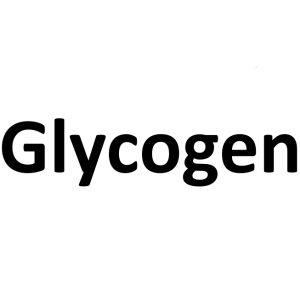
Glycogen CAS 9005-79-2 Assay >90.0% (Total Sugars)
-
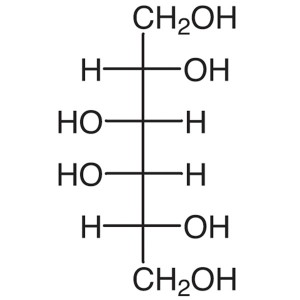
Dulcitol (Galactitol) CAS 608-66-2 Assay ≥99.5%...
-
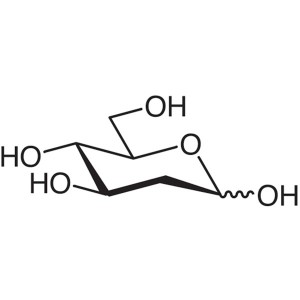
2-Deoxy-D-Glucose CAS 154-17-6 Assay >98.5% (HP...
-
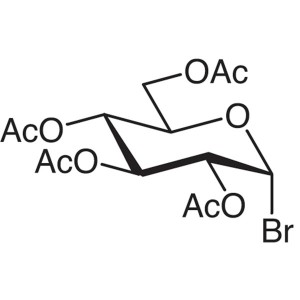
Acetobromo-α-D-Glucose CAS 572-09-8 Purity >99....
-
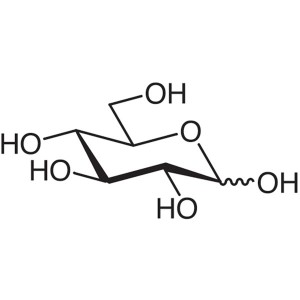
D-(+)-Glucose Anhydrous CAS 50-99-7 Assay ≥99.5...
-
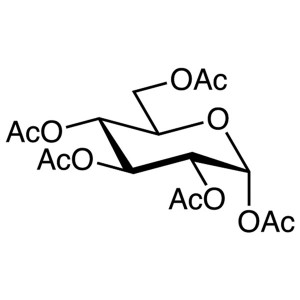
α-D-Glucose Pentaacetate CAS 604-68-2 Assay >98...
-
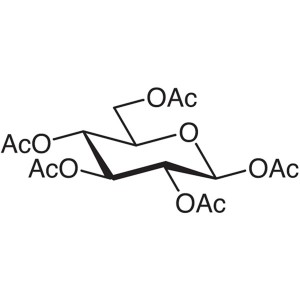
β-D-Glucose Pentaacetate CAS 604-69-3 Assay >98...
-
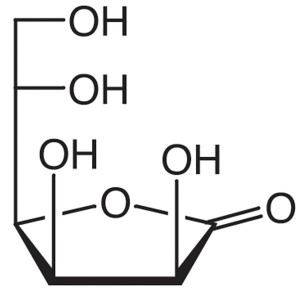
L-(+)-Gulonic Acid γ-Lactone CAS 1128-23-0 Assa...
-
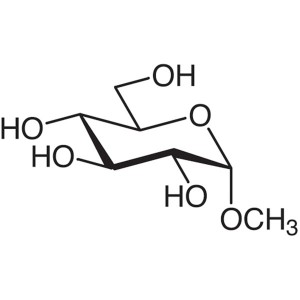
Methyl α-D-Glucopyranoside CAS 97-30-3 Assay >9...
-
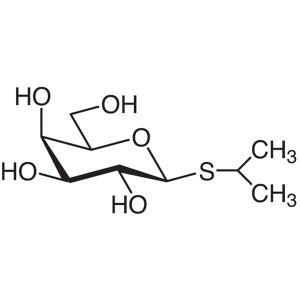
Isopropyl-β-D-Thiogalactopyranoside (IPTG) CAS ...
-
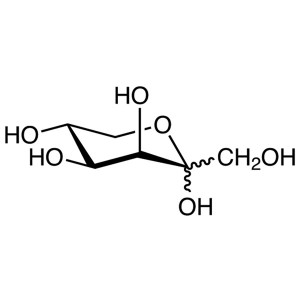
D-Tagatose CAS 87-81-0 Assay >99.0% (HPLC) Factory
-
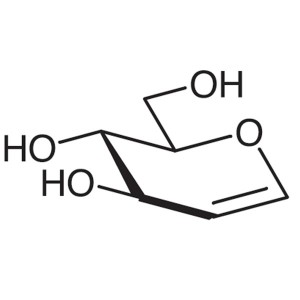
D-Glucal CAS 13265-84-4 Assay >96.0% (HPLC) Fac...
-
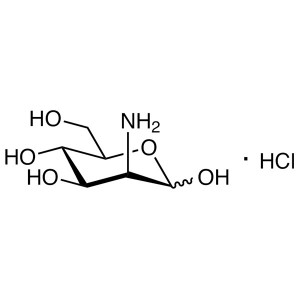
D-Mannosamine Hydrochloride CAS 5505-63-5 Assay...
-
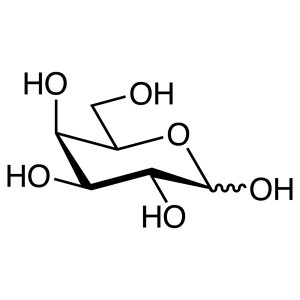
D-(+)-Galactose Anhydrous CAS 59-23-4 Assay >98...
-
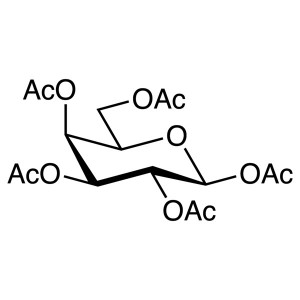
β-D-Galactose Pentaacetate CAS 4163-60-4 Assay ...
-
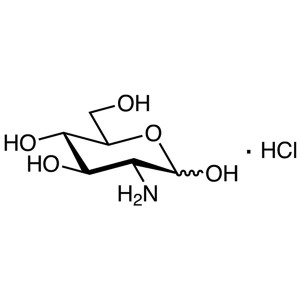
D-(+)-Glucosamine Hydrochloride CAS 66-84-2 Ass...

